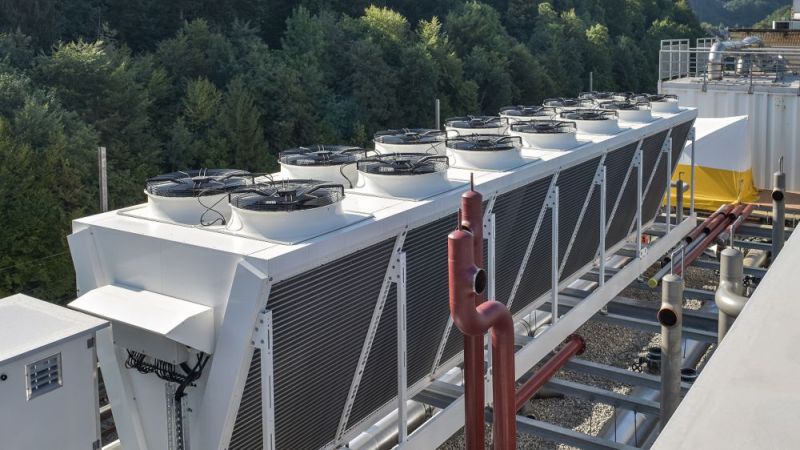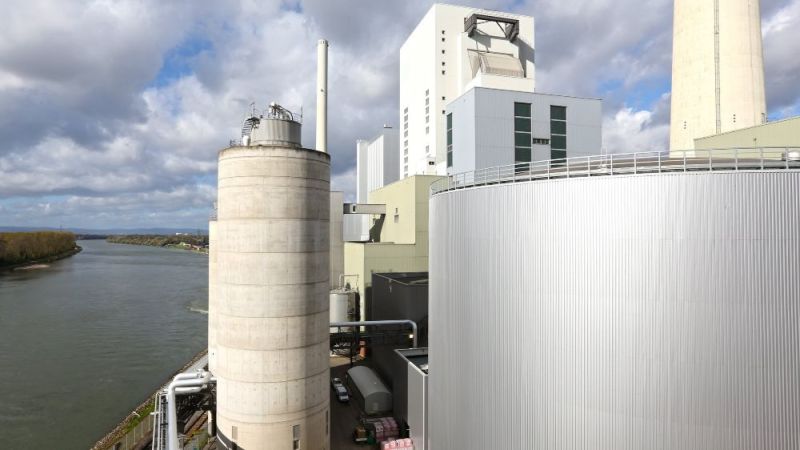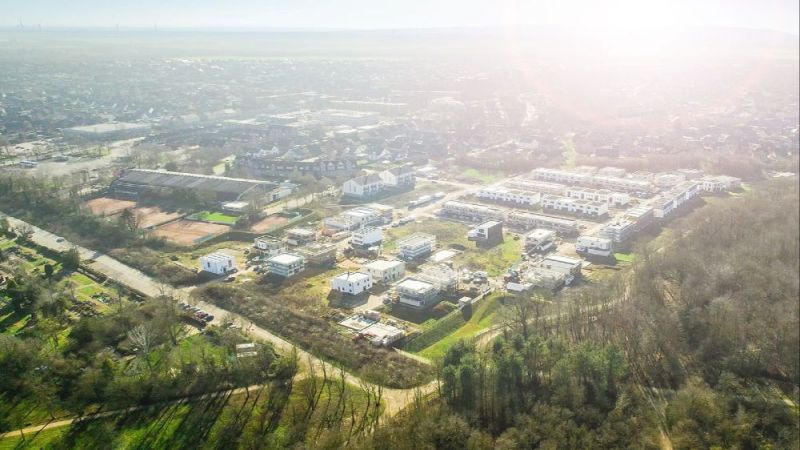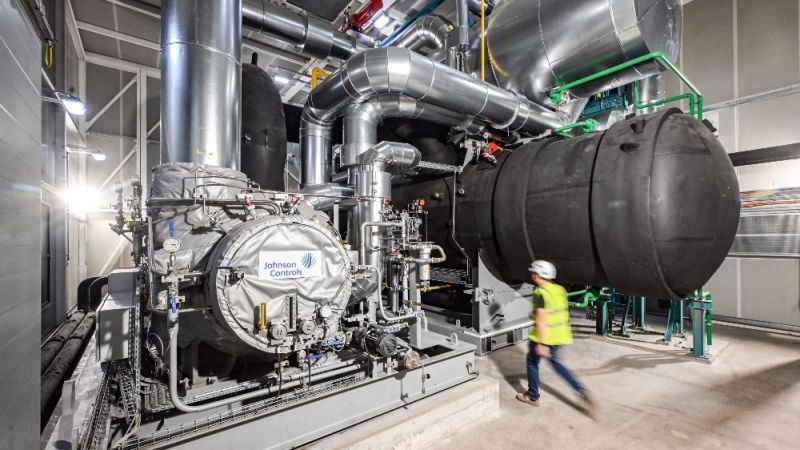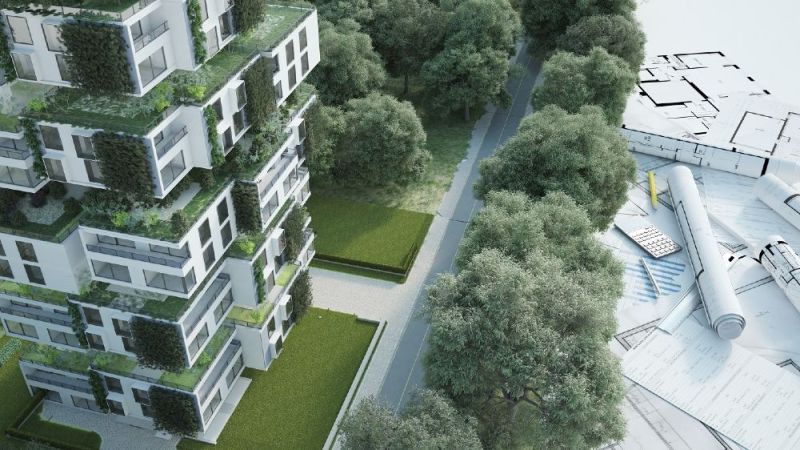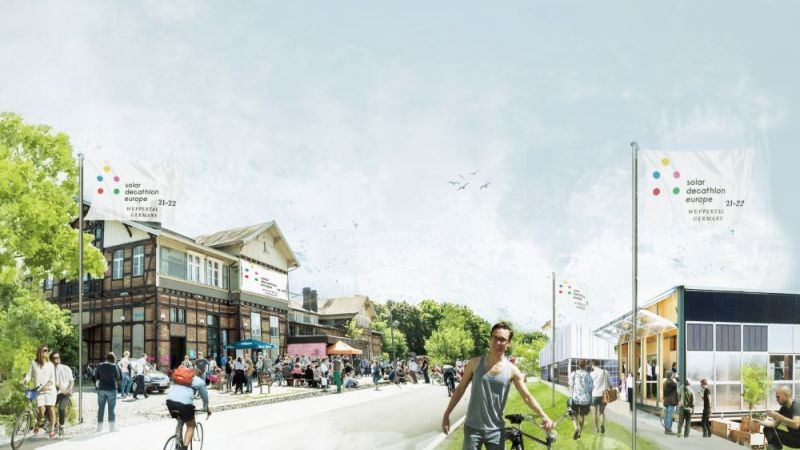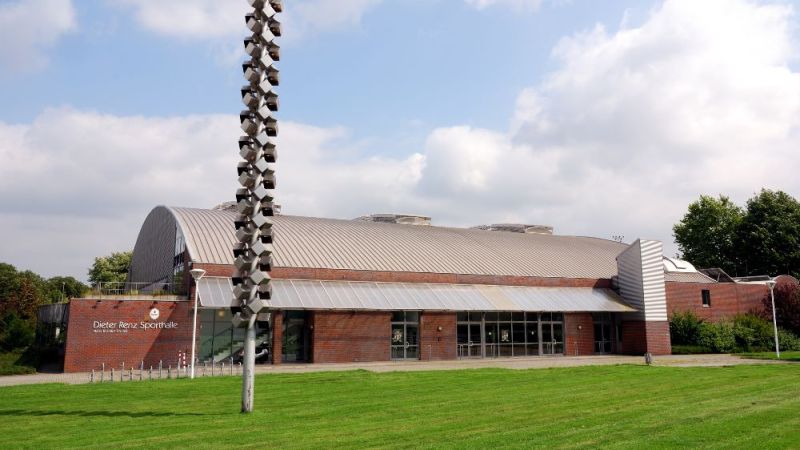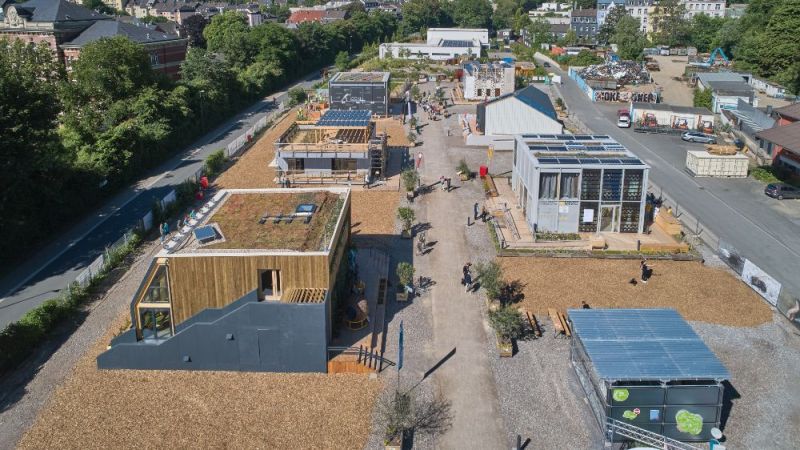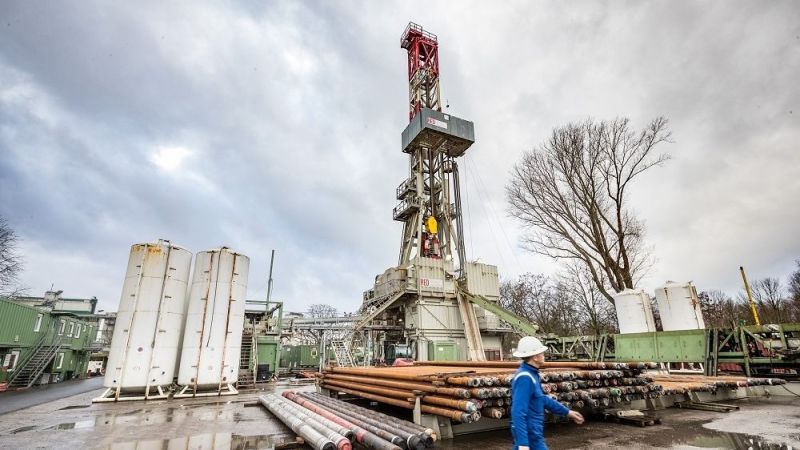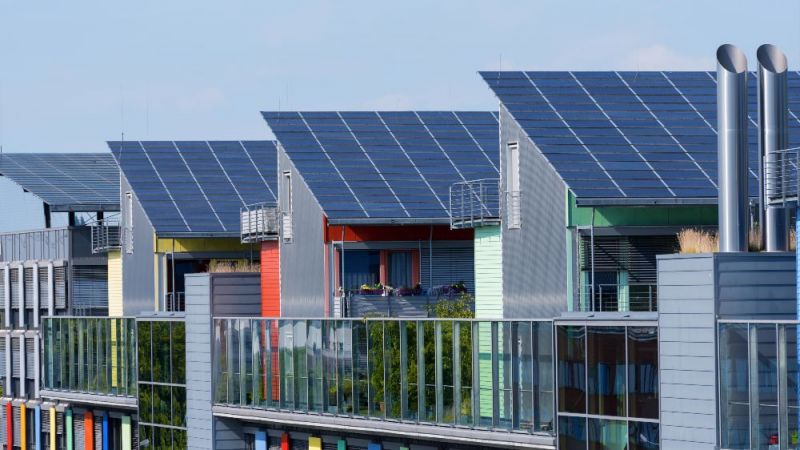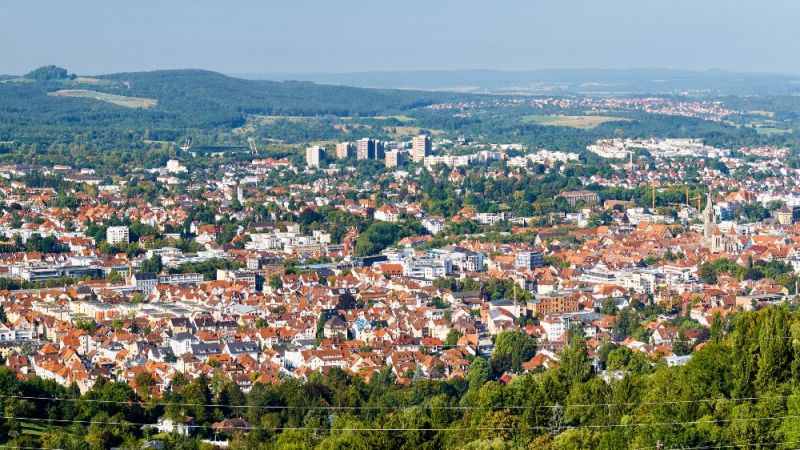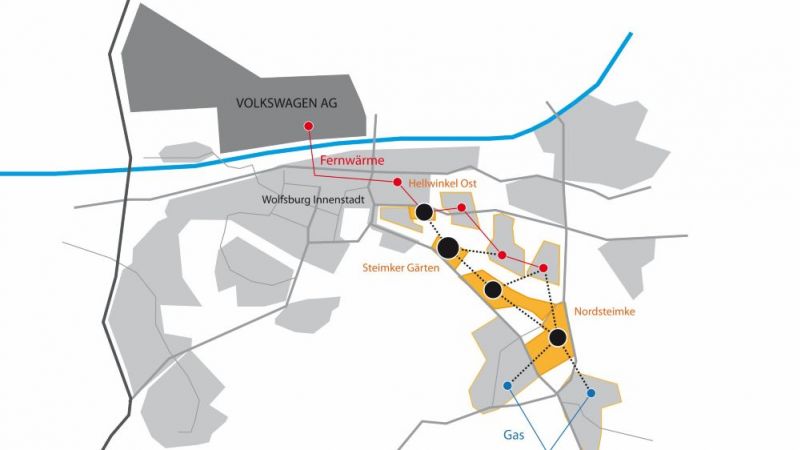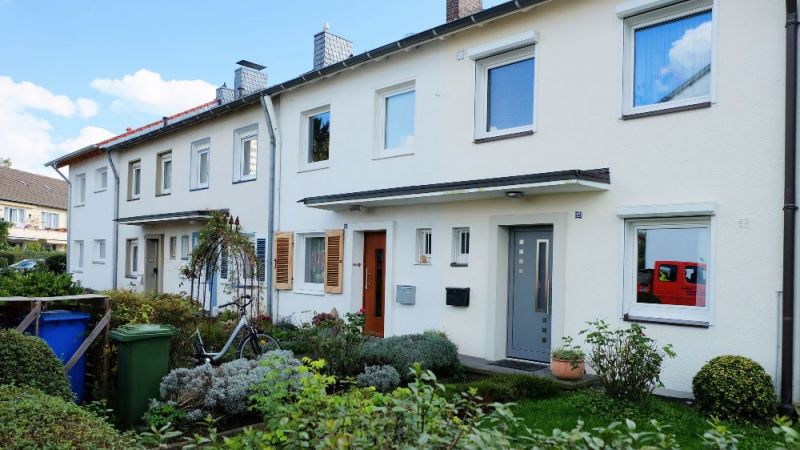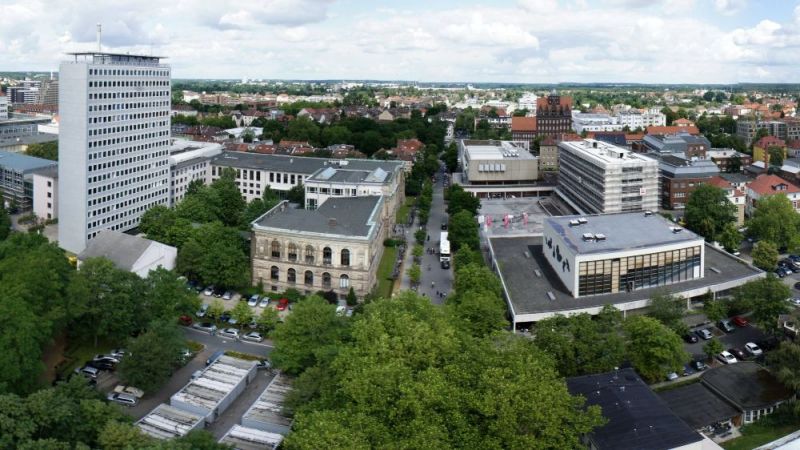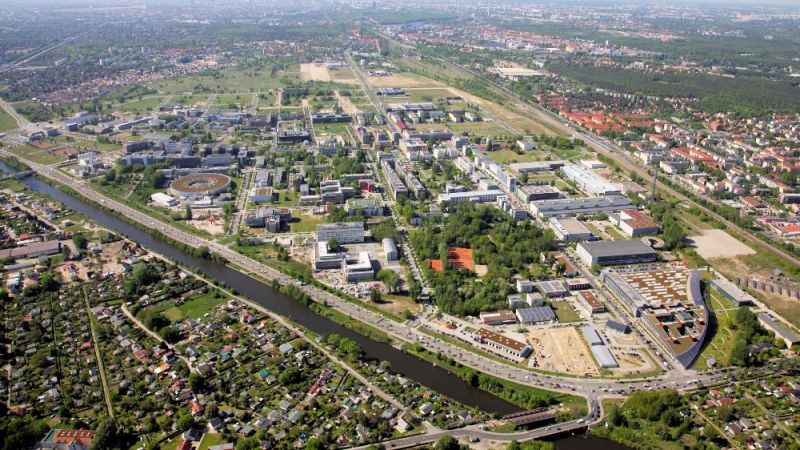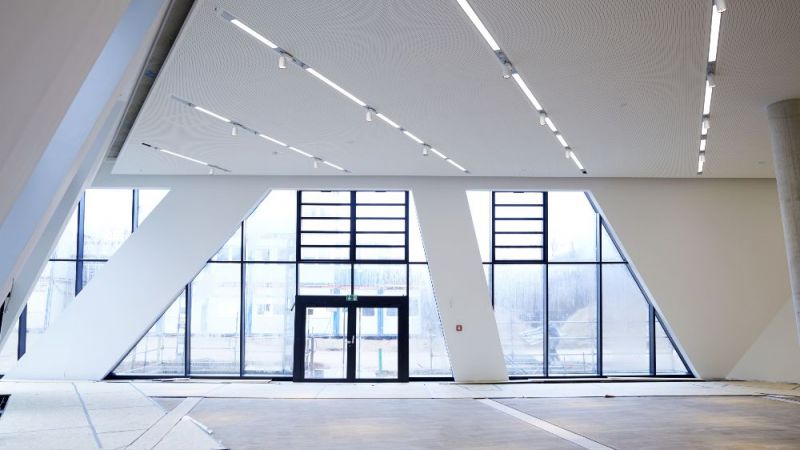
Experiencing innovations in energy
PtJ Creates District-Level European Energy Competition on Behalf of BMWi
As an innovative approach to funding, the competition is being established by Project Management Jülich (PtJ) on behalf of the Federal Ministry for Economic Affairs and Energy (BMWi) together with its partners in the European Strategic Energy Technology Plan (SET Plan) and the Driving Urban Transitions (DUT) partnership.
Buildings account for a large proportion of energy consumption. To reduce this share, extensive transformations of entire cities will be required that will only truly take hold if they can get local people on board and tap into their innovative spirit. The competition is aimed at cities and municipalities in the European Union that want to transform one of their districts in a sustainable way. The participating districts act as ‘living labs’ in which interdisciplinary teams from science and industry develop and try out new ideas together with municipal representatives and residents.
“Our European cities are living documents of transformation. Here we find medieval heritage next to buildings from the Renaissance and architectural highlights from the modern movement. The pending transformation towards climate-neutral European cities and neighbourhoods shall even boost the beauty and quality of European cities as much as possible,” writes Markus Kratz, head of the PtJ Energy System: End-Use team, in a proposal to the European Commission.
The competition will take place on an ongoing basis at a main venue as well as in participating districts across Europe. Juries will evaluate and monitor the transformed districts according to the aspects of aesthetics, affordability, inclusion, innovation, social compatibility, and creativity, as well as climate protection goals, sustainability, and the circular economy.
All phases of transformations under examination
The competition will showcase different stages of the transformation process in the districts. Architectural contests will take place within the early planning phase. The competition will also follow the developments of and shine a light on ongoing district transformations. Completed transformations will be compared on the basis of defined evaluation criteria. From conceptualization and construction to evaluation in the first phase of use, the various phases of transformation will be discussed, presented, and honoured with prizes throughout the competition.
The competition is centred on regular showcase events during which the transformation processes are communicated to the general public. The awarding of prizes will also help to ensure that the extraordinary transformation concepts and achievements are seen by a wider audience.
Bold changes – establishing net-zero cities
The competition format will generate attention and increase the motivation of participants through a competitive element. Their outstanding ideas for transforming their districts will play a pioneering role within the framework of the New European Bauhaus initiative. An attractive district renovated in a sustainable way and shaped by art and culture within a joint science and technology project: the participating projects will generate huge attention, arouse curiosity, and encourage others to make bold changes and adopt innovations.
The New European Bauhaus initiative is an interdisciplinary, creative movement that calls for a collaborative approach to developing and implementing visions of a sustainable, inclusive, and promising future. It needs people to lead the way and projects to make these transformations visible in order to spark a wave of renovations. The district competition will realize these visions of a future coexistence, demonstrating the feasibility of net-zero cities and inviting people to come and experience these developments. It will present awards for the best achievements and provide a strong stimulus throughout Europe. In doing so, the European Green Deal will become more tangible and achievable. (kstr)


